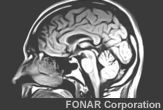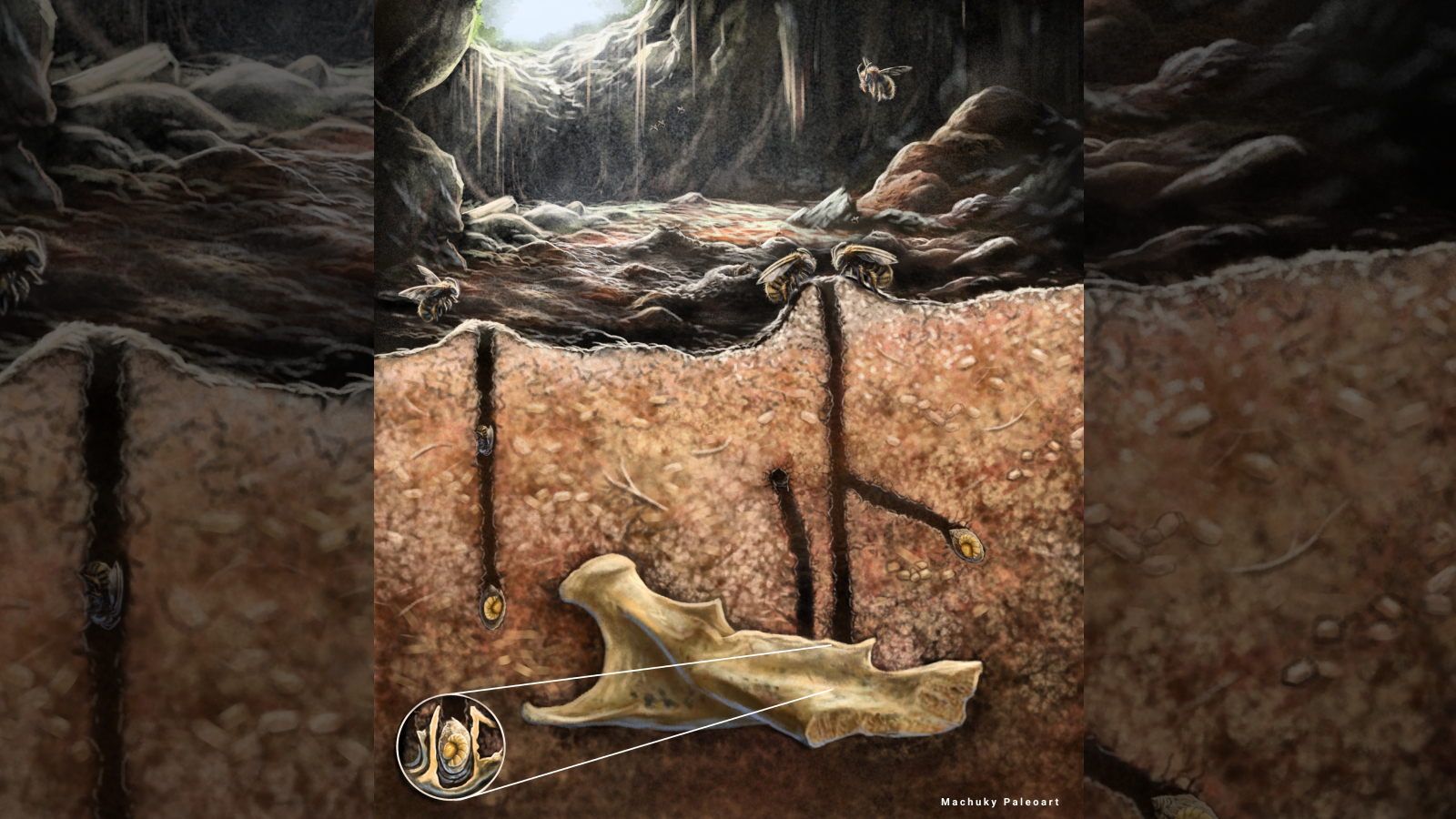Some Imagination! How Memory Fails Us

Playing on the imagination, scientists have found it's pretty easy to make people remember things that never happened.
The parts of the brain that form, store and then retrieve memories must all work together to accurately recall events, so scientists have long been skeptical of what people remember.
A new study was designed to "bring people into the laboratory and set up a circumstance in which they would remember something that did not happen," said Kenneth Paller of Northwestern University. Researchers monitored the subjects' brains with functional magnetic resonance imaging, or fMRI, to track the false memories.
They showed the participants pictures and asked them to imagine other images. Later, investigators asked whether certain objects were seen or imagined. Often, imagined images were recalled as real.
"We think parts of the brain used to actually perceive an object and to imagine an object overlap," Paller said. "Thus, a vividly imagined event can leave a memory trace in the brain that's very similar to that of an experienced event. When memories are stored for perceived or imagined objects, some of the same brain areas are involved."
The study, published recently in the journal Psychological Science, showed that certain parts of the brain were involved in forming false memories, and different parts of the brain were responsible for creating true memories.
The key to remembering that something was imagined when we recall it is the context surrounding a memory, the research showed. If you remember who told you to imagine something, where it was, what was going on around you, the separation between what really happened and what you imagined becomes more distinct.
Get the world’s most fascinating discoveries delivered straight to your inbox.
When a person makes these external connections to the memory, he engages the parts of the brain that lead to true memories.
False memories are only one part of studying how memory occurs, but researchers say they are excited about the prospects of connecting what they have learned in the laboratory to the real world.
"What we learn could be useful for people who make decisions outside [the lab] based on the memory of others," Paller told LiveScience.


